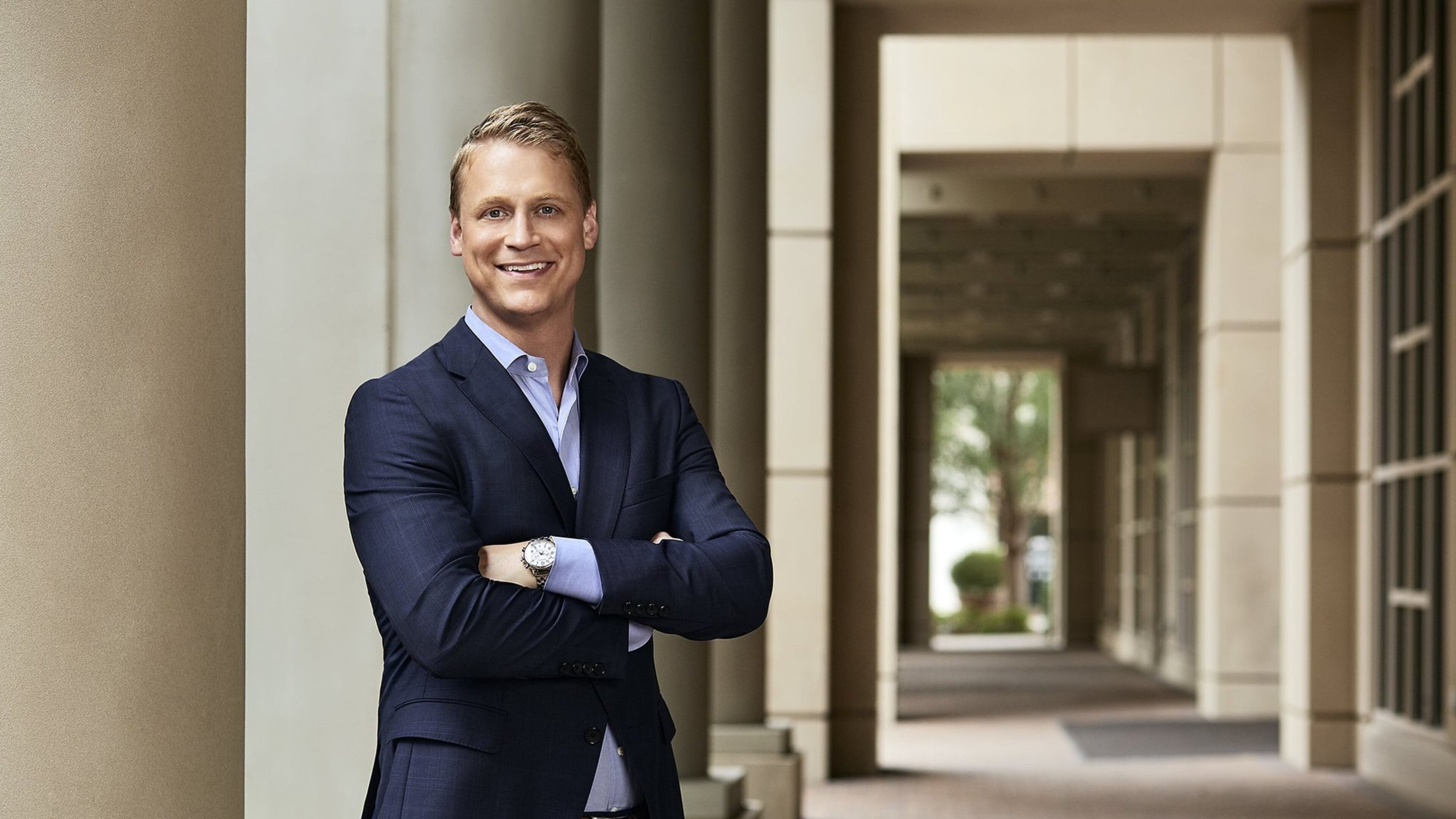Wes Moss: 8 habits of people who become millionaires

It’s the question of the century: How do people become millionaires? My radio callers ask me, my friends ask me, and, heck, even my kids ask me. It seems we all want to know just what it takes to accumulate seven-digit net worth.
Of course, it’s not easy; if it were, we’d all be millionaires. Sure, some folks come into inheritances, while others rocket ahead by stumbling upon that super-performing investment, while others still may hit it big in the lotto. But these, of course, are the outliers.
Most millionaires are self-made, and they’ve built their net worth just like we build anything else — teaspoon by teaspoon, brick by brick. It takes discipline and a process to reach this level of wealth. Millionaires set their eye on the prize, and work tenaciously, through advantages and adversity, to achieve their goal. “Success is nothing more than a few simple disciplines, practiced every day,” according to millionaire Jim Rohn.
>> RELATED: Georgia economy ranked ninth best
>> RELATED: Georgia May jobs numbers up, as state gears for summer hiring season
Thomas Stanley, who penned “The Millionaire Next Door,” showed the reality of what it takes to become super wealthy. Stanley related something I see firsthand every day: There are multiple paths and seemingly endless formulas to build wealth.
Over the course of my profession, I've seen doctors, lawyers and CEOs become millionaires. I have also seen teachers, midlevel corporate managers, salespeople, janitors, and small-business owners become millionaires.
While the particular details of the road taken may differ, there are common themes. Here are eight habits that folks who achieve millionaire status all seem to have in common.
1. They set (and stick to) goals.
Millionaires don't merely hope to make more money and wait for the windfall to happen. Instead, they plan and work toward financial goals that they've outlined for themselves. These individuals have a clear vision of what they want, and they take the necessary steps to get there.
2. They have job stability.
Interestingly, millionaires often have been with the same company for 30 or 40 years. These days, we hear so much about high employee turnover rates, but there are still many people who have this level of job stability, such as teachers and other government workers. Staying with an employer for the long haul can result in significant rewards, like a hefty ending salary, considerable pension benefits and healthy 401(k) balances.
3. They steadily save and invest.
More than half of wealthy retirees began maxing out their contributions to their 401(k)s in their 20s or 30s. As a reminder, the money you put in your 401(k) is pretax, which both reduces your overall tax burden and adds to your growing nest egg. Plus, many companies offer a percentage match of your contributions, which can be a substantial bonus over time.
4. They even save their raises.
Instead of seeing a pay raise as extra spending money, millionaires view this step up as greater ability to grow their overall wealth. Sure, it’s tempting to spend that extra money on a vacation or a new car. But I’ve seen that many millionaires instead choose to save at least half of their raises. These dollars end up in retirement or brokerage accounts, where they compound for an even more significant return later.
5. They are mortgage free.
According to the research for my book, "You Can Retire Sooner Than You Think," the happiest retirees retire without a mortgage, or at least knowing they'll pay it off within five years. Additionally, the average price of my happiest retirees' homes was only $355,000, proving you don't need a sprawling mansion to be happy.
6. They have good credit.
We all know the better our FICO scores, the lower the interest rates we will pay for our mortgages and car loans. The “rich” take advantage of this reality by carrying low debt loads to keep their credit scores healthy.
7. They don’t splurge often.
Millionaires don’t necessarily own the latest Mercedes-Benz, a drawer full of Rolex watches, or a closet of suits from Bergdorf. Almost 40 percent of these “rich” folks buy their cars used. As a general rule, many millionaires spend their money conservatively and thoughtfully.
8. They’re not afraid to ask for advice.
The majority of millionaires aren't do-it-yourself investors or tax preparers. Instead, they know what their strengths are and work within them. If investing, taxes, financial planning and estate planning aren't in their wheelhouse, these folks seek guidance and assistance from professionals. Particularly with the new tax codes, CPAs are everyone's new best friend. As for financial and investment advice, Vanguard has reported that a good advisor can add 3 percent to your annual return over if you were to go it alone. Services from financial advisors can include things like creating a sound strategy, conducting systematic rebalancing, making a plan for withdrawals, and providing objective advice when navigating choppy markets. All of these factors can lead to more sound investment results. And when it comes to estate planning, asset protection and business planning, millionaires don't hesitate to seek the help of a lawyer to achieve their individual goals.
As you can see, the secret, or more aptly secrets, to becoming a millionaire are not as mysterious as some people believe. By just making small tweaks in your goal setting and long-term financial planning, you could move closer to hitting that seven-figure mark.
Wes Moss has been the host of “Money Matters” on News 95.5 and AM 750 WSB in Atlanta for more than seven years now, and he does a live show from 9-11 a.m. Sundays. He is the chief investment strategist for Atlanta-based Capital Investment Advisors. For more information, go to wesmoss.com.
DISCLOSURE
This information is provided to you as a resource for informational purposes only. It is being presented without consideration of the investment objectives, risk tolerance or financial circumstances of any specific investor and might not be suitable for all investors. Past performance is not indicative of future results. Investing involves risk including the possible loss of principal. This information is not intended to, and should not, form a primary basis for any investment decision that you may make. Always consult your own legal, tax or investment advisor before making any investment/tax/estate/financial planning considerations or decisions.
IN OTHER BUSINESS NEWS:


